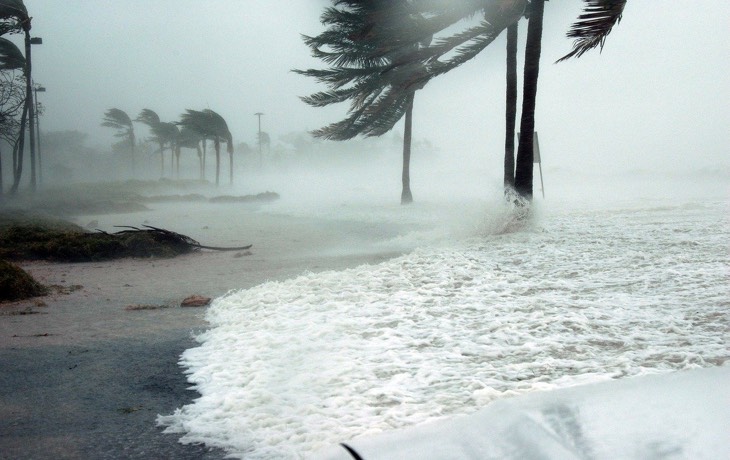Writing in Vox, disaster experts Aaron Clark-Ginsberg, Gary Cecchine, and Craig Bond of the RAND Corporation, along with former FEMA head W. Craig Fugate, are warning of potential calamity when COVID-19 meets hurricane season in a few weeks.
In short:
- An “above-normal” hurricane season is expected this summer, with a greater probability of hurricanes than in recent years.
- A major, Katrina-level hurricane could bring already strained emergency services to the breaking point.
- In the case of evacuations and emergency shelters, relief workers will have to find ways to impose social distancing and screen those potentially infected with the coronavirus. It will also be more challenging to deploy those workers from across the country.
- Taxed supply chains will make it difficult to stock up on essential items, like toilet paper, cleaners, and masks.
- Our current economic mess could make rebuilding take longer than usual.
This piece’s authors are serious policy people and not part of the usual Vox lineup. And everything they say rings true: COVID-19 will make every aspect of any disaster that much harder to navigate. And if it involves cramming people into shelters, or putting stress on already overtaxed supply chains, then it could turn a regional disaster into a deadly catastrophe.
The implications for preppers on the Gulf Coast are straightforward:
- Get your hurricane preps together early, well in advance of any news of an in-bound storm. Existing supply chain troubles might make last-minute prepping impossible.
- Be prepared to evacuate far earlier than you normally might, and for a much lower level of storm threat. The risks are magnified this time around, so your threshold for evacuation should be lower.
- Start working right now on the problem of finding a suitable evacuation location. You won’t want to stay in a crowded hotel, and friends or family may not be excited about breaking quarantine to host you. Landing somewhere safe will be tricky this time around, so plan on that.

You are reporting the comment """ by on